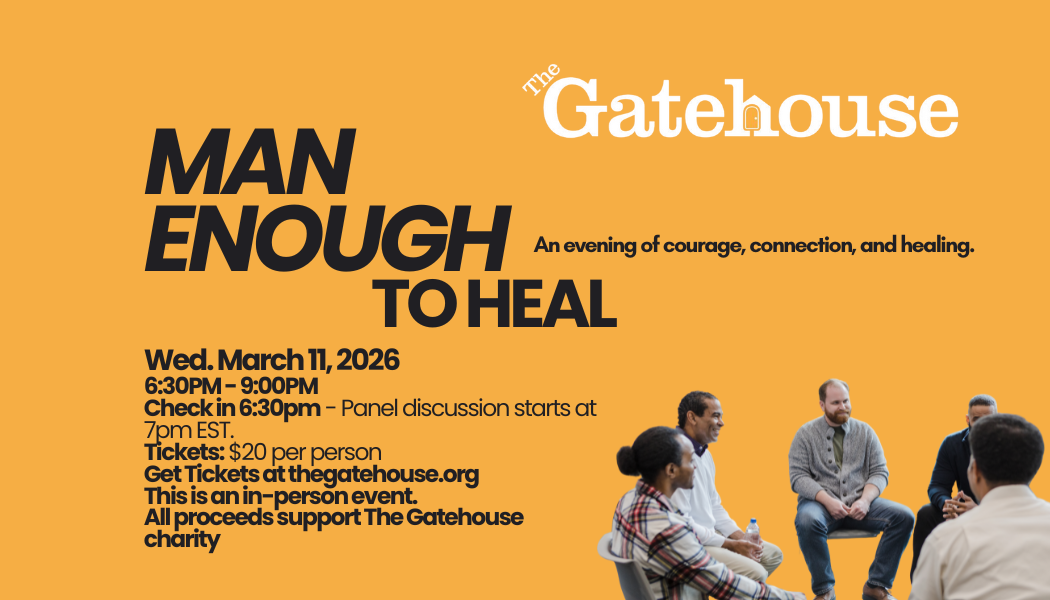Letting go of your past – Moving Beyond Childhood Sexual Abuse Trauma
By: Maria Barcelos, MA, Executive Director, The Gatehouse & Registered Psychotherapist (Qualifying)
It happened. Childhood sexual abuse does not define who I am as a person. This is a realization that took me decades to accept. I often thought that if someone knew, they would not want to be my friend, or they would look at me differently. I am not alone in this. I know this because, in the 10 years of working at The Gatehouse, I have heard these “me too” responses to this very experience from hundreds of survivors. Why is it that many survivors feel like it does? It’s shame talking. The shame of carrying the story of the abuse. The shame of feeling unworthy because of it. The shame of the abuse is not mine to hold. What would it look like to let go of that shame? For me, it was accepting that it was not my fault and that I am more than my abuse.
Survivors of childhood sexual abuse often spend years minimizing the events or dismissing them by pretending it did not happen or by surrendering to feelings of guilt or self-blame. It was not my fault. I will write this again; it was not my fault. It was not your fault. Accepting this reality for some survivors is difficult, as the self-blame has kept them in survival, has kept them alive. The self-blame no longer serves us. This is sometimes expressed in the inner child work that is done at The Gatehouse phase 1 program. Sometimes survivors may experience anger and indifference to their inner child. Healing is not linear. There is no set process that says, if you do this and that, you will be able to let go of the hurt you feel. It is your journey and you are not alone in it.
An unhealed past often manifests itself in the present in unhelpful ways. This often happens when survivors do not acknowledge the impact of the abuse, the many losses they have experienced after the abuse. Some survivors may think that they are totally healed. The old behaviours that helped us survive are often no longer serving us in the present moment. Think about what this looks like for you. What are you still doing that you know is hurting or hold you back from living your best life? What are some other habits that you want to develop that will help you stop self-sabotaging your healing journey? These are difficult questions because they invite us to explore some of the most shameful aspects of our daily life experiences. The answers you write today to these may change over time and that is OK.
You are not alone. Seeking support on the healing journey is important to rebuilding trust and a sense of safety. I have heard so many stories from survivors about how they told someone, and they did not feel supported or were shut down shortly after because the receiver was uncomfortable, and the survivor then became the comforter. Dr. Brene Brown’s words come to mind often in these examples, “people have to earn the right to hear your story.” Who do you trust with your story?
Healing from CSA trauma takes time, patience, and self-love. There is no set timeline or perfect therapy or program that is going to “fix you.” You do not need to be fixed because you are not broken. You are worthy of love and belonging. You are a human being that was harmed. The abuse happened to you. It does not define who you are as a human being.
The Gatehouse provides peer support groups for adult survivors of childhood sexual abuse. To schedule a confidential intake meeting, contact Stephanie@thegatehouse.org

